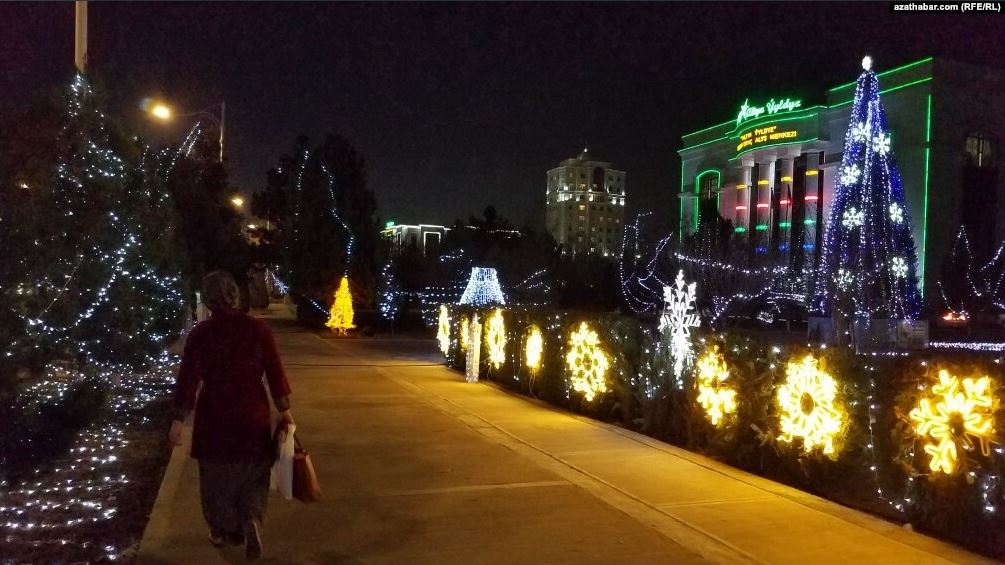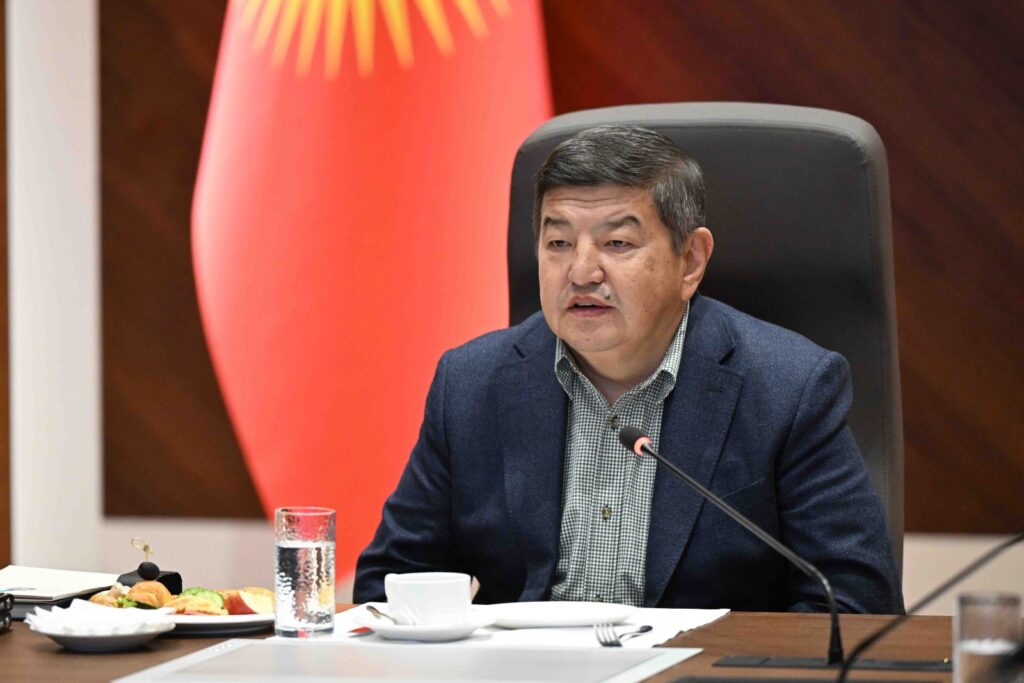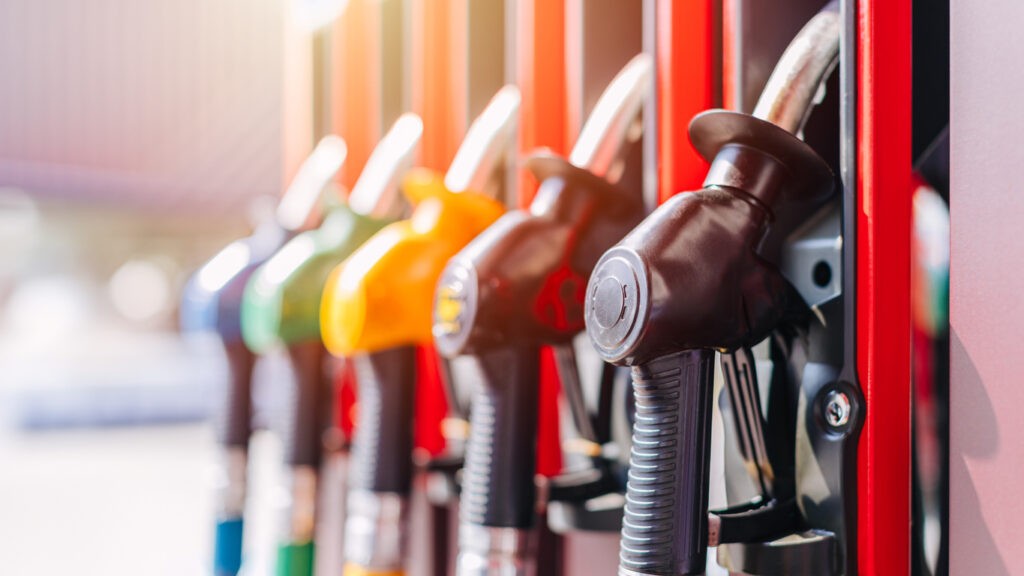Viewing results 1 - 6 of 5
Authorities in Turkmenistan have imposed strict measures preventing students and schoolchildren from celebrating New Year’s Eve, requiring them to sign written pledges to abstain from festivities. Students are prohibited from hosting or attending parties at home or in cafes and are barred from being outdoors during the celebration. “Students have been forced to write forms stating they will not celebrate New Year’s Eve and will return to their dormitories after attending official events,” a source revealed. Violations of the ban are met with threats of expulsion. According to reports, older students in previous years were expelled for secretly hosting parties, serving as a warning to others. Similar restrictions are being enforced in schools across Ashgabat, where festive parties have been banned following an order from the Ministry of Education. Teachers have been instructed to ensure compliance with these regulations. Paradoxically, official state media in Turkmenistan are showcasing large-scale New Year preparations, including the lighting of the “Main Christmas Tree of the Country” on December 14. Despite the visible holiday decorations, New Year celebrations remain tightly controlled. Last year, schools and kindergartens canceled New Year events, and state institutions were prohibited from installing Christmas trees. Local analysts attribute these stringent measures to the conservative policies of President Serdar Berdimuhamedov. Unlike his father, Gurbanguly Berdimuhamedov, who was known for extravagant celebrations and even personal performances at New Year’s events, Serdar has opted for a more restrained and controlled approach. The restrictions reflect the growing emphasis on regulation and conformity under Turkmenistan’s current leadership, casting a shadow over what was once a more festive and unifying holiday.
The Kyrgyz Finance Ministry plans to set aside 20 billion KGS ($230m) to issue digital bonds and treasury bills. Kyrgyz Cabinet Chief Akylbek Japarov has said at a meeting with journalists that according to him, the central bank's monopoly on issuing money is ending. Japarov discussed the role of the U.S. dollar in the country's economy and emphasized that it has become a tool of political pressure. “We send payments, but they are delayed without explanation. Sometimes, the delays last up to three months. This hurts trade. If there is no money, there is no trade. I think a new toolkit will soon appear,” he stated. He said the BRICS organization is already working on alternative payment systems to support trade. Cryptocurrency, and any currency backed by the gold reserves of the countries that use it, can replace the dollar in international trade. “Now everyone who has a gadget can emit cryptocurrency into various cryptocurrencies. In Kyrgyzstan, we will work on this issue and have a crypto exchange,” Japarov noted. He noted that digital bonds and promissory notes issued by the Kyrgyz Finance Ministry will be backed by gold. Corresponding amendments to the legislation are already being submitted to Parliament for consideration. Earlier, the National Bank of Kyrgyzstan also announced the launch of a pilot project for the national digital currency, “digital som,” and the creation of a legal framework for it. The Ministry of Economy and Commerce of Kyrgyzstan also announced the creation of crypto banks that will work with virtual assets. “Given the rapid development of digital technologies and cryptocurrencies, creating a crypto bank represents an urgent need to integrate crypto assets into the country's traditional financial system. Cryptobank will ensure safe, regulated, and convenient interaction of citizens and businesses with cryptocurrencies”, noted the Ministry of Economy.
Uzbekistan is to introduce an initiative to reward employees with shares in companies, under a regulation developed by The National Agency for Perspective Projects (NAPP). According to the NAPP, the transfer of shares to employees, as part of additional incentive programs, including bonuses, will help increase employee interest in the company's sustainable development and improve labor relations. The main goal of the initiative, modelled on ESOP (Employee Stock Ownership Plan) successfully applied in other countries, is to improve the population's welfare and develop the domestic capital market. Although joining in the Stock Ownership Plan will be voluntary, its development will be mandatory for joint stock companies with more than 50% state participation. The presidential decree on capital market development, issued in September 2023, envisioned the implementation of ESOP. Funds of up to one month's salary used to purchase shares will not be subject to personal income tax.
The Ministry of Transport and Communications of Kyrgyzstan has presented a bill, approved by parliament, introducing new mark-ups on fuel and lubricants. Legislative changes to impose additional charges on each liter of gasoline sold at gas stations, are intended to accrue extra funds from motorists for road maintenance. In addition, a recycling fee will be introduced for processing automobile tires, alongside a fee for waste oil disposal, to be accumulated in a new Road Fund under the Finance Ministry. Other regulations introduced by the Cabinet of Ministers include the necessity for all gas stations to use unique markers for gasoline and diesel ; a move which the State Tax Service believes will ensure fuel production transparency and import accounting. The cost of such labeling is yet to be determined, and as stated by Kanat Eshatov, president of the Association of Oil Traders of Kyrgyzstan, “We don't know how much gasoline prices may go up. It will all depend on the size of these fees. Initially, they said that gasoline labeling, in general, would be free. Then, they said that it would be at the expense of oil traders. Today, we do not know the price of the marker, whether it will be stable or change, and whether it will be subject to stock exchange jumps or stability. The price of gasoline and its stability will depend on this." The cost of gasoline has been rising throughout the year, largely as a result of a general increase in prices and repairs at refineries in Russia, from which Kyrgyzstan receives a significant amount of fuel. Meanwhile, the State Antimonopoly Service of Kyrgyzstan reports that the situation in the market of fuels and lubricants in the country remains stable. Supplies of oil products to Kyrgyzstan are carried out without interruptions, and fuel reserves in the country are designed for 1.5-2 months.
On January 9th, the President of the Kyrgyz Republic, Sadyr Japarov signed a Decree “On the introduction of a temporary ban (moratorium) on conducting inspections of business entities.” The Decree has been issued with the purpose of stabilizing the economic activities of businesses, ensuring the further development of the business environment, improving the investment climate, and eliminating unjustified and unnecessary interference by government bodies, the presidential press service said in a statement. The moratorium will run until December 31st, 2024. In a post on Facebook, President Japarov called on representatives of small and medium-sized businesses to report unjustified inspections to him. Japarov wrote that only enterprises against which a criminal case has been initiated will be subject to inspections. “If representatives of government agencies come to check businessmen without reason, without identifying signs of an economic crime, you can contact me through the Presidential Administration,” Japarov stated, promised that measures will be taken in such cases.





